From Panic to Healing: A Firsthand Account of the Meron Tragedy
Avromy Friedman, a mental health expert within the Orthodox community, recounts the traumatic symptoms experienced by Meron disaster survivors and his own harrowing moments awaiting news of his son.
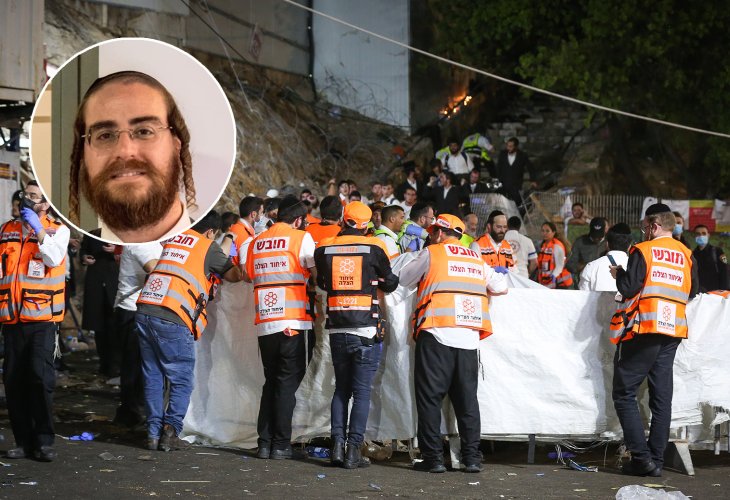 In Circle: Avromy Friedman (The scene of the Meron tragedy. Photo: David Cohen / Flash 90)
In Circle: Avromy Friedman (The scene of the Meron tragedy. Photo: David Cohen / Flash 90)"On the eve of Lag B'Omer three years ago, just hours before the dreadful tragedy, I left work early and traveled to Meron," recounts Avromy Friedman, 40, a married father of nine, residing in Elad. He is a clinical social worker and the director of a family support center at the 'Beit Cham' organization. "I called my wife to describe the joyful atmosphere on the mountain. I was on cloud nine. Who could have imagined that, by that night, everything would change so drastically."
"Around ten in the evening, I left to head home while my wife was arriving there. Shortly after the events began, she called to inform me of the disaster in Meron. Minutes later, I received a call from Rabbi Monk, CEO of 'Beit Cham,' one of the first to realize the situation's gravity. He informed me of the large-scale catastrophe and our urgent need to expand our counseling services. Thankfully, we managed to do that. The first call I received was from a senior member of the rescue organizations working in Meron, who was mentally collapsing, shouting frantically, 'What do I do? There are piles of bodies here!'. I tried to calm him, yet at that moment, I grasped the seriousness of the situation."
"Although I attempted to soothe him, I was dying inside with fear, knowing my son was on the mountain that night. For a considerable time, there was no cellphone reception, and we couldn't reach him. After what felt like an eternity, he called and said he was at the disaster site but managed to escape at the last moment, just before he feared he wouldn't make it out. The medical teams offered him hospitalization and treatment, but overwhelmed by stress, he fled and tried to get home as fast as possible."
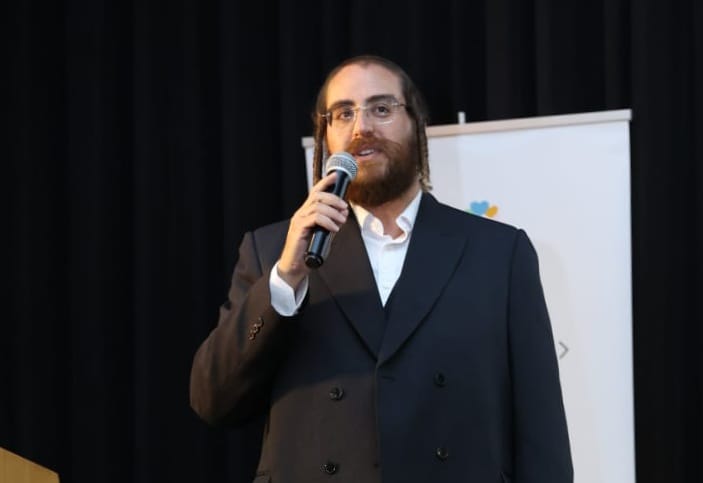
Torment of Guilt
Being both an Orthodox individual and an expert in mental health, Friedman has worked extensively to normalize mental health care within the Orthodox sector. "I am engaged in several fields," he explains, "including the world of Chassidism, Orthodox identity, group facilitation, but above all, in mental health. I once managed the counseling and support lines for 'Beit Cham,' an organization offering over 25 years of mental health services to the general public and particularly the Orthodox sector. Under my direction were about 120 volunteers trained in emotional and mental support, answering calls from all communities. Currently, I manage the 'Tchelet' center established by 'Beit Cham.' This center offers family-centered treatment for those suffering from mental health issues. We have two branches, in Haifa and Safed, and we strive to assist people as much as possible."
As an Orthodox person in the mental health field, what message do you think is important to convey to the broader public?
"First and foremost, anyone needing mental health assistance should seek it. In society at large, and especially in the Orthodox sector, there's considerable secrecy and shame around this topic. Consequently, people often avoid receiving vital treatments, yet it's time to progress. Although there's been improvement in recent years, a long road still lies ahead. Also, the Meron disaster contributed to this process. Following the tragedy, many suffered various emotional and mental issues, and we stepped in to provide support. Our hotline was very active in the initial days; many were terrified, and later, we were even asked to visit yeshivas to discuss the topic."
"For many years, we tried to reach diverse audiences within the Orthodox sector without success, and suddenly, not only did we succeed, but they reached out to us. Simultaneously, we trained people with master’s degrees in trauma treatment, and sadly, today they have plenty of work. The Meron disaster was somewhat of a preparation for the disaster that occurred on October 7th."
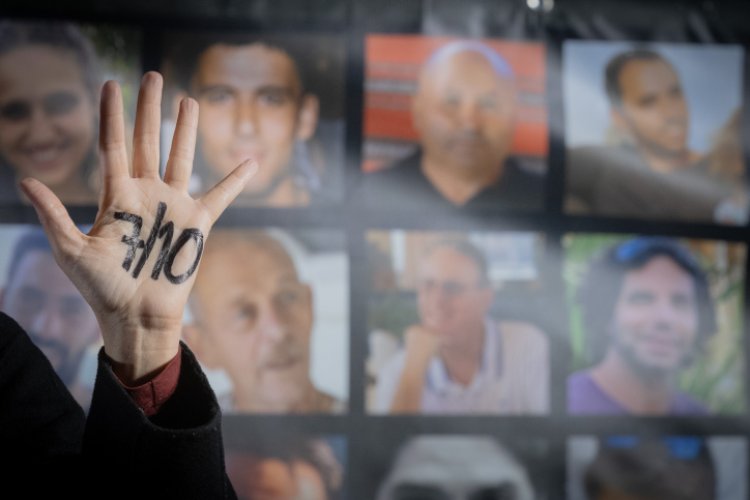 (Photo: Haim Goldberg / Flash 90)
(Photo: Haim Goldberg / Flash 90)As a therapist, what are the main psychological impacts observed in those present at the disaster?
"Fortunately, most of those mentally affected by the disaster have recovered, moved on, and even gained strength. However, about ten percent suffered from post-traumatic stress disorder, typically among individuals who were somewhat mentally vulnerable before the event. Those affected exhibited symptoms like general anxiety and avoidance of crowded places. Some couldn't board a full bus, for example, or enter a crowded hall. Moreover, some survivors developed intense feelings of guilt. They asked questions such as, 'Why was I saved? Do I deserve it?'. Even my son questioned why the person next to him wasn't as fortunate. Some felt guilty for not saving those nearby, which is a very tough sentiment. In such a traumatic event, the mind often dissociates, separating from itself to avoid the pain, later resulting in symptoms like withdrawal, depression, or sudden tears as these memories resurface. Additionally, some were unable to discuss the event for a long time. Some reverted to child-like behaviors, struggled to recognize themselves. We observed very challenging phenomena, but thankfully, many survivors sought help and benefited greatly, learning new and essential insights about themselves."
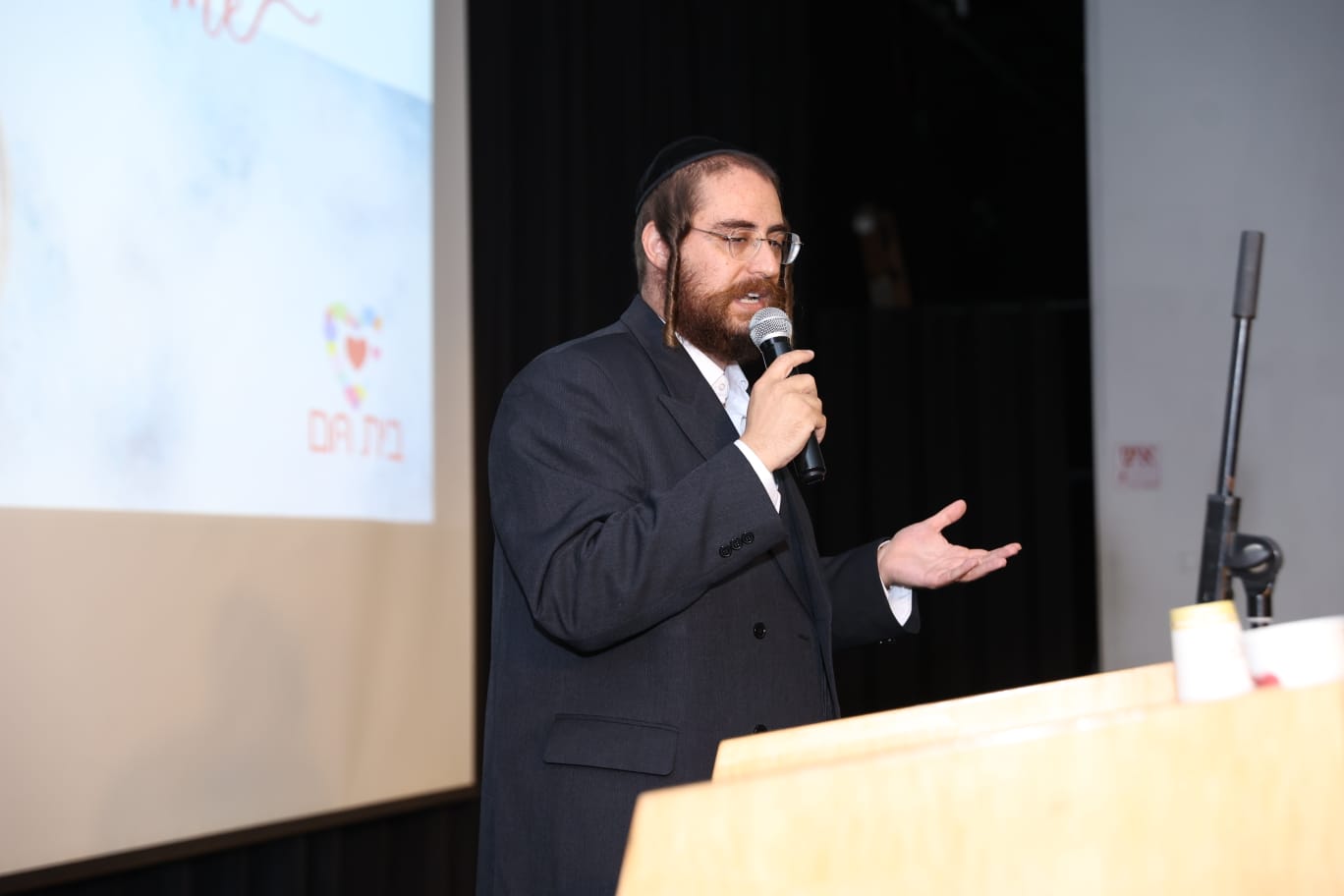
Don't Fear Fear
Friedman says that the Meron disaster raised very difficult questions for many. "Quite a few people really struggled with questions about how such a thing could happen. People come to strengthen their spirituality, to draw closer to Hashem, to celebrate the event for Rabbi Shimon Bar Yochai, on a day deaths were supposed to cease, and yet, so many righteous individuals perished."
"I think we need to both introspect and understand how and why we should be more careful, while also reinforcing faith that everything is in God's hands. Perhaps what happened prevented an even larger disaster. We can't comprehend the mysteries of divine providence. The ways of Hashem are hidden. In prayer, we say 'You know the mysteries of the world'. Hashem knows, but we do not. What is certain is that, as I've mentioned, in so many cases, people come to therapy and leave strengthened. We must leverage the opportunity created here to provide emotional and mental responses for the entire Orthodox public."
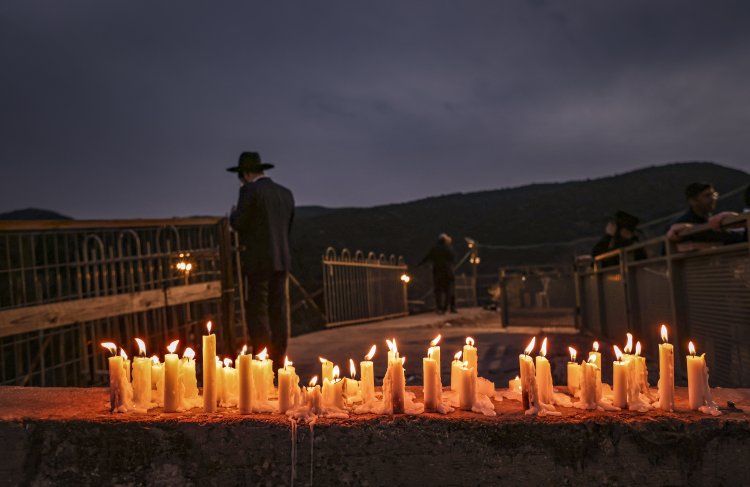 (Photo: David Cohen / Flash 90)
(Photo: David Cohen / Flash 90)Why do you think the Orthodox community, in particular, is wary of this topic?
"The topic of mental health was primarily revealed and given validity from the academic world, from non-Jewish wisdom. These topics are less prevalent in our scriptures, resulting in significant suspicion. People question what Freud is, what therapy is, and whether it contradicts the Torah. Additionally, many initiatives in the Orthodox community haven't been professional enough, giving the matter a negative reputation."
"Furthermore, the Orthodox community is very practical, leaving less room for queries like 'How does this meet you?' and 'How do you feel about this?'. Halacha is very practical and holds the weight of importance in the Orthodox community, as opposed to other parts of the Torah, such as mysticism and Chassidism, which allow for more introspective discussions and imagination. Judaism provides immense space for this dialogue, but it isn't that prevalent in yeshivas. Consequently, many within the Orthodox community who do pursue therapy seek practical advice and actionable solutions, preferring fewer discussions and reflections."
"And still, I consider deep self-awareness, listening to the voices within us, trying to understand processes and things happening to us, a vital practice for everyone, especially for those serving Hashem. This aspect is an important element of serving Hashem and should be increasingly developed. I am optimistic and believe that the near future will see a significant advancement in this area within the Orthodox community. And certainly, the sooner, the better."

